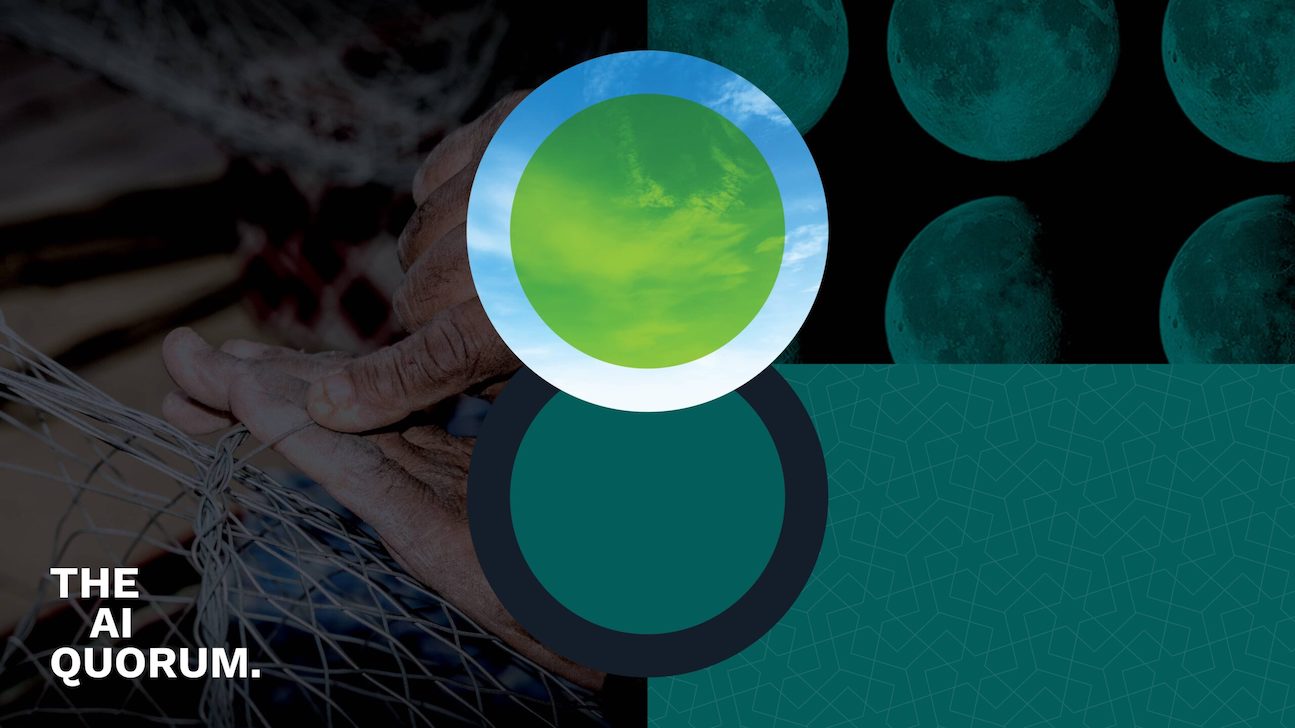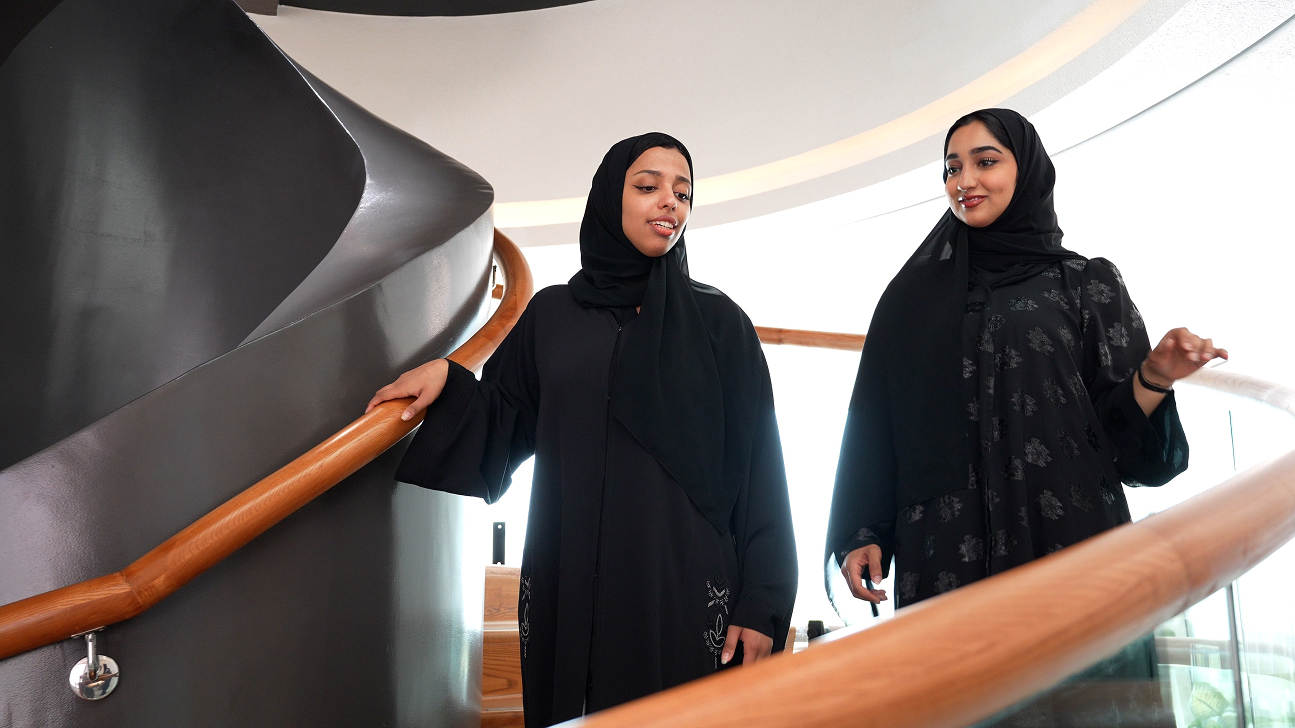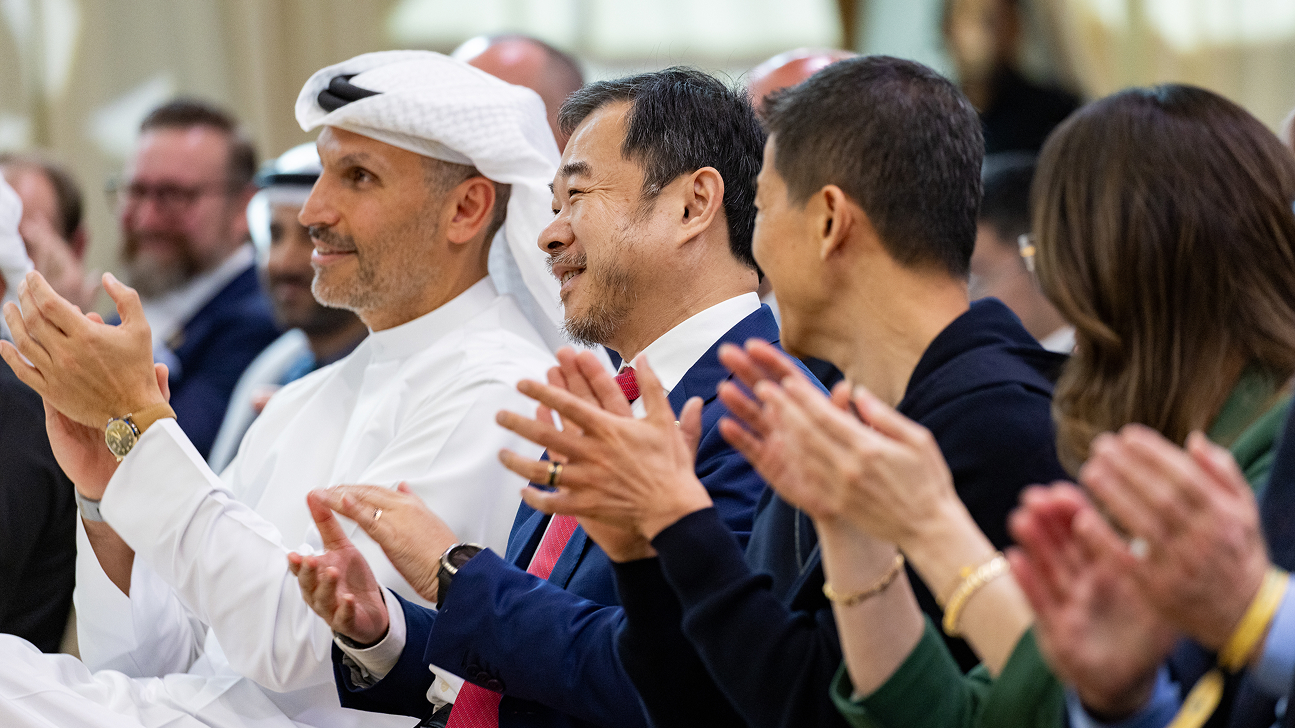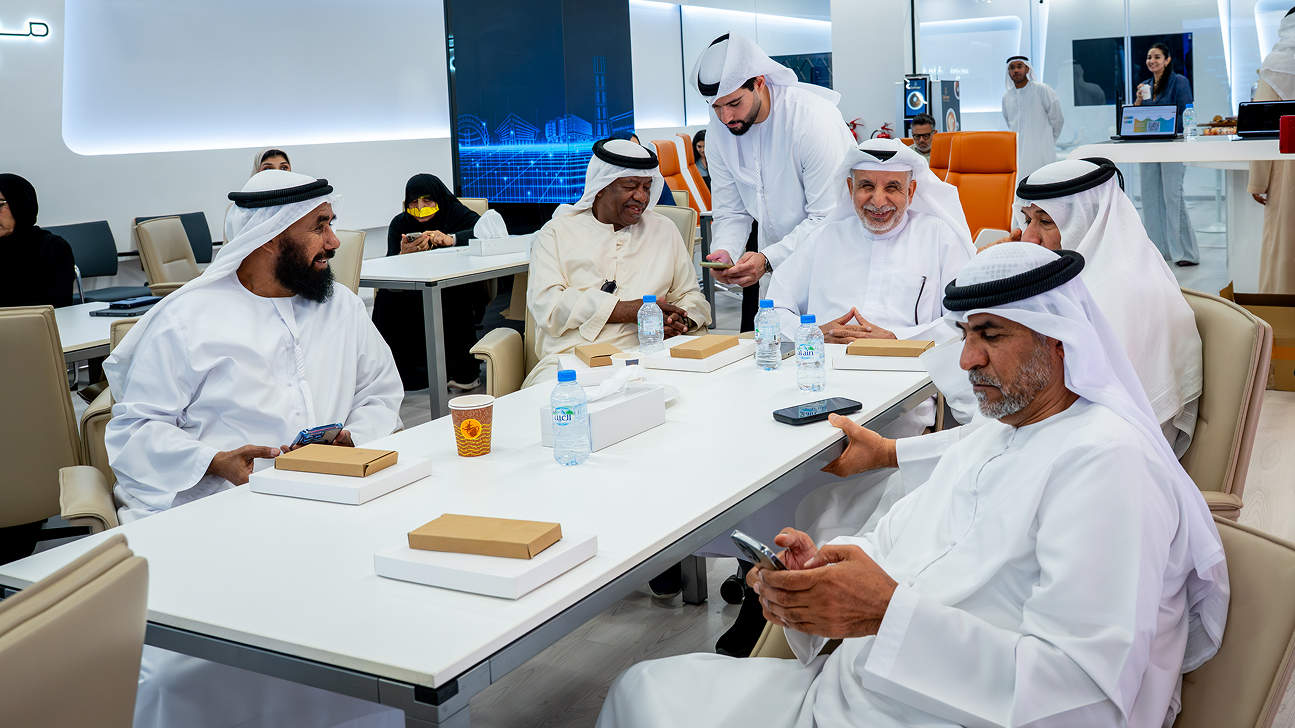The AI Quorum continues with the first CASL Workshop
Thursday, October 13, 2022

The MBZUAI AI Quorum, which was launched by the university to bring together top global experts in AI-related fields, welcomed its second workshop this week “Building Ecosystems for AI at Scale.”
The first CASL workshop brings experts in AI at scale to the region, to map out steps that organizations should take to become self-sufficient with AI applications, as well as to explore new business use cases. AI at scale – made famous by OpenAI’s “GPT-3” in 2020 – is powering AI use cases that were previously thought impossible, such as synthetic art, automatic software programming, and drug design.
“It’s a unique opportunity for elite researchers to gather and do what they otherwise are unable to do,” MBZUAI President, Professor Eric Xing said. “It’s an oasis away from the daily research traffic of work and large conferences. AI is often split into niche discussions, so this is an opportunity to look at AI in a contextualized and intentional fashion. We can look to industry and technical strengths in a unique way here. Ultimately, we’re bringing together the brightest minds in AI.”
The program has been broken into two sessions: a research focused session, Thursday Oct 13, and an industry session Friday Oct 14, which is available to the public via a livestream that can be accessed on the CASL workshop landing page – workshop.casl-project.ai/
“As an institution MBZUAI supports research and AI applications for industry,” Qirong Ho, workshop co-organizer and MBZUAI faculty member said. “A wave of startups are training large models to great effect, but this is something that is still being driven more by industry than academics, as it takes a huge amount of resources to produce the models. In the UAE we have the opportunity to work closely with industry to make significant gains.”
The workshop will feature a range of speakers including MBZUAI President, Professor Eric Xing; TII Chief Researcher and MBZUAI Adjunct Professor Merouane Debbah; members of MBZUAI faculty including Le Song, Tim Baldwin, Kun Zhang, Xiaodan Liang and Pengtao Xie; and a range of university speakers from Carnegie Mellon University, Stanford, KAUST, UC Berkeley, and Google.
CASL, which stands for composable, automatic, and scalable learning, provides a unified toolkit for enterprises to quickly develop and scale AI solutions for industry. Xing and Ho, and a collective of researchers from the CASL open-source community are working to make AI accessible to all through easily deployed, modular applications, available on the CASL website.
- university ,
- research ,
- training ,
- AI Quorum ,
Related
MBZUAI launches Ruwwad AI Scholars Fellowship to build UAE’s next generation of AI faculty
The program will prepare Emirati Ph.D. graduates for future faculty careers by offering funded fellowships at leading.....
Read MoreMBZUAI marks five years of pioneering AI excellence with anniversary ceremony and weeklong celebrations
The celebrations were held under the theme “Pioneering Tomorrow: AI, Science and Humanity,” and featured events, lectures,.....
- celebration ,
- five year anniversary ,
- ceremony ,
- event ,
- board of trustees ,
- campus ,
- students ,
- faculty ,
MBZUAI Launches "WAI" Community Initiative to build AI Awareness across Generations
The program connects generations through a shared learning experience that explores how AI can empower individuals and.....
- training ,
- AI ,
- artificial intelligence ,
- youth ,
- community ,
- Awareness ,
- Senior Citizens ,


